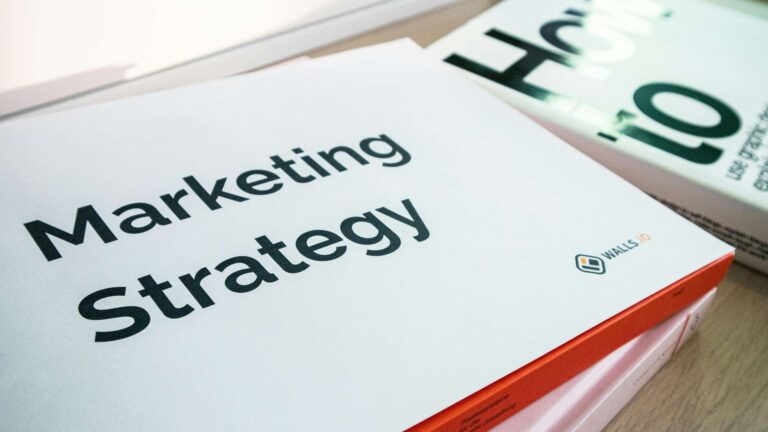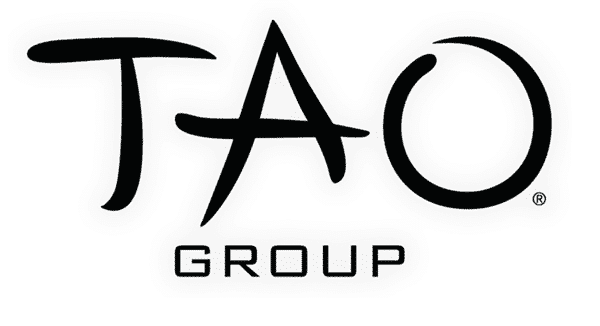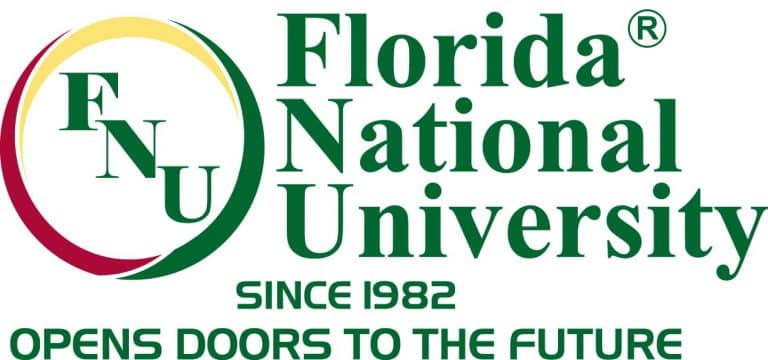Introduction

In today’s fast-paced digital world, businesses are under constant pressure to engage customers effectively, streamline their processes, and demonstrate measurable results. Marketing departments, in particular, are being called upon to do more with less — generate leads, nurture relationships, personalise campaigns, and track results, all while managing a growing number of platforms and channels. This is where marketing automation comes into play.
Marketing automation refers to the use of software platforms and technologies designed to automate repetitive marketing tasks, manage workflows, and measure campaign performance. It enables companies to scale their marketing efforts efficiently, deliver personalised experiences at scale, and ultimately drive revenue growth. From email marketing to social media scheduling, from customer segmentation to lead scoring, automation offers a powerful set of tools for businesses looking to stay competitive in the digital age.
In this article, we’ll explore in depth the key benefits of marketing automation for your business — how it enhances productivity, improves customer experience, aligns sales and marketing, boosts ROI, and supports long-term growth. Whether you’re a small business owner or a marketing executive at a larger firm, understanding how automation can transform your operations is crucial to staying ahead.
1. Increased Efficiency and Time Savings

One of the most immediate and obvious benefits of marketing automation is the significant increase in efficiency. Traditional marketing requires repetitive tasks such as sending follow-up emails, scheduling social media posts, updating customer data, and segmenting audiences. Manually handling these operations can be both time-consuming and prone to human error.
With automation, you can create predefined workflows that handle these tasks on your behalf. For example, a welcome email can automatically be triggered when a new user signs up to your newsletter. You can also create a series of timed email follow-ups, automate posting schedules across various social media platforms, and sync your customer data across systems.
By freeing up time from routine administrative work, your team can focus on more strategic and creative efforts — such as content creation, campaign analysis, and customer engagement. For small teams with limited resources, this can be a game changer.
2. Improved Lead Management and Nurturing

Effective lead generation is only the first step in the sales funnel. The real challenge lies in nurturing those leads until they are ready to convert into customers. Marketing automation makes this process significantly easier by automating lead nurturing workflows based on user behaviour and engagement.
For instance, you can design automated email sequences that deliver educational content to new leads, answer common objections, and highlight customer success stories. These sequences can be personalised based on a lead’s behaviour — such as which pages they visited, which emails they opened, or what products they viewed.
Additionally, lead scoring systems built into automation tools can assign values to leads based on their activity, demographics, and engagement level. This helps sales teams prioritise high-quality leads and reach out at the most opportune moment. This seamless collaboration between marketing and sales improves conversion rates and accelerates the sales cycle.
3. Enhanced Personalisation and Customer Experience

Today’s customers expect personalised, relevant communication from brands. Generic messaging not only fails to engage users but can also damage brand reputation. Marketing automation enables companies to deliver highly personalised experiences at scale.
Modern automation tools can segment audiences based on various criteria, such as location, interests, purchase history, and behavioural data. With dynamic content, you can tailor emails, landing pages, and offers to resonate with each user group. For example, an e-commerce brand can send a product recommendation email to a customer based on their browsing history or past purchases.
Personalisation builds trust, increases engagement, and improves customer satisfaction. In fact, studies have shown that businesses that use marketing automation to personalise communications see a significant increase in open rates, click-through rates, and revenue per email.
4. Better Data Management and Analytics

Marketing automation platforms centralise your marketing data and offer advanced analytics capabilities. This makes it easier to track campaign performance, identify what’s working and what’s not, and make informed decisions.
You can track metrics like email open rates, click-through rates, conversion rates, social media engagement, and more — all in real time. Many tools also offer A/B testing capabilities, allowing you to test different subject lines, content formats, or call-to-actions to see what resonates best with your audience.
Moreover, automation helps maintain clean and updated databases by automatically removing duplicate entries, updating contact information, and segmenting audiences based on evolving user behaviour. Accurate data improves targeting, compliance, and overall campaign effectiveness.
5. Alignment Between Sales and Marketing Teams

One of the most persistent challenges in many organisations is the lack of alignment between sales and marketing. Sales teams often feel they don’t receive high-quality leads, while marketing teams struggle to demonstrate ROI. Marketing automation helps bridge this gap by providing shared visibility, data, and processes.
With automation, marketing teams can pass on qualified leads to sales at the right time, complete with detailed data about the lead’s interactions and interests. This allows sales reps to approach prospects with a personalised pitch, increasing the likelihood of conversion.
Additionally, dashboards and reports from automation tools provide a unified view of the sales funnel. Marketing and sales can collaborate on strategy, track performance, and adjust campaigns based on shared goals. This alignment leads to better communication, fewer lost opportunities, and increased revenue.
6. Scalable Marketing Strategies

As your business grows, so does the complexity of your marketing operations. Manual processes that may have worked for a small audience can quickly become unmanageable at scale. Marketing automation enables you to scale your efforts without sacrificing quality or efficiency.
You can build complex workflows that manage thousands of leads, trigger communications based on multiple variables, and optimise each stage of the customer journey. Whether you’re launching in a new region, expanding your product line, or targeting a new segment, automation ensures that your marketing remains consistent and responsive.
This scalability is particularly beneficial for businesses looking to expand globally or enter new markets, as automation ensures consistent messaging and efficient lead handling across diverse regions and time zones.
7. Improved Customer Retention and Loyalty

Acquiring a new customer can be up to five times more expensive than retaining an existing one. Marketing automation helps businesses nurture existing customer relationships, increasing satisfaction, loyalty, and lifetime value.
Through automated customer onboarding, you can ensure new customers are properly guided through the features of your product or service. You can also create re-engagement campaigns for inactive users, request feedback at key touchpoints, and offer exclusive deals or loyalty rewards.
Automation allows you to stay top-of-mind with your customers without being intrusive. Regular, personalised communication enhances the customer experience and encourages repeat purchases. By analysing behavioural patterns, you can also anticipate churn and take proactive steps to retain customers.
8. Enhanced Campaign Consistency Across Channels

In today’s omnichannel marketing environment, businesses need to engage customers across email, social media, websites, mobile apps, and more. Keeping your messaging consistent across all platforms can be a daunting task — especially without automation.
Marketing automation platforms often offer cross-channel campaign management, allowing you to plan, execute, and monitor campaigns from a single dashboard. You can create templates, manage scheduling, and track engagement across different touchpoints.
This consistency ensures that your brand voice remains unified, your audience experiences a seamless journey, and your marketing strategy remains cohesive. It also improves ROI by ensuring that no effort is duplicated and no lead falls through the cracks.
9. Cost Reduction and Higher Return on Investment

While implementing marketing automation does involve an upfront investment, the long-term benefits far outweigh the costs. In fact, businesses that use marketing automation report significant improvements in lead conversion, customer retention, and overall revenue.
By automating tasks, businesses can reduce the need for large marketing teams and avoid the costs associated with manual errors or inefficiencies. Additionally, marketing budgets can be allocated more effectively, with analytics highlighting which channels and campaigns yield the best results.
According to Invesp, companies using marketing automation see a 14.5% increase in sales productivity and a 12.2% reduction in marketing overhead. These metrics highlight the financial value of automation, making it a strategic investment rather than just a tactical tool.
10. Competitive Advantage in the Digital Marketplace

In highly competitive industries, marketing automation can provide a significant edge. Brands that respond faster to leads, deliver more relevant content, and personalise user journeys will stand out in a crowded market.
Automation allows you to respond to customer actions in real time — such as sending a discount when a cart is abandoned or suggesting a product when a customer reads a related blog post. These micro-moments of engagement can significantly influence purchasing decisions.
Moreover, automation allows you to adapt quickly to market changes, test new strategies with minimal risk, and iterate based on real-time feedback. This agility positions your business to outperform competitors and remain relevant to your audience.
Conclusion

Marketing automation is no longer a luxury reserved for large enterprises with deep pockets — it’s a necessity for businesses of all sizes aiming to thrive in the digital age. Whether you’re looking to streamline internal processes, generate and convert more leads, enhance customer experience, or boost ROI, automation can provide the tools and insights you need to succeed.
By automating repetitive tasks, nurturing leads more effectively, delivering personalised content, and aligning marketing with sales, automation empowers your team to focus on what really matters — creating meaningful connections with your audience and growing your business.
As with any technology, the key to successful implementation lies in selecting the right platform, setting clear goals, and continually refining your strategy based on performance data. When used thoughtfully, marketing automation is not just a tool — it’s a growth engine that can transform your business for the better.






















